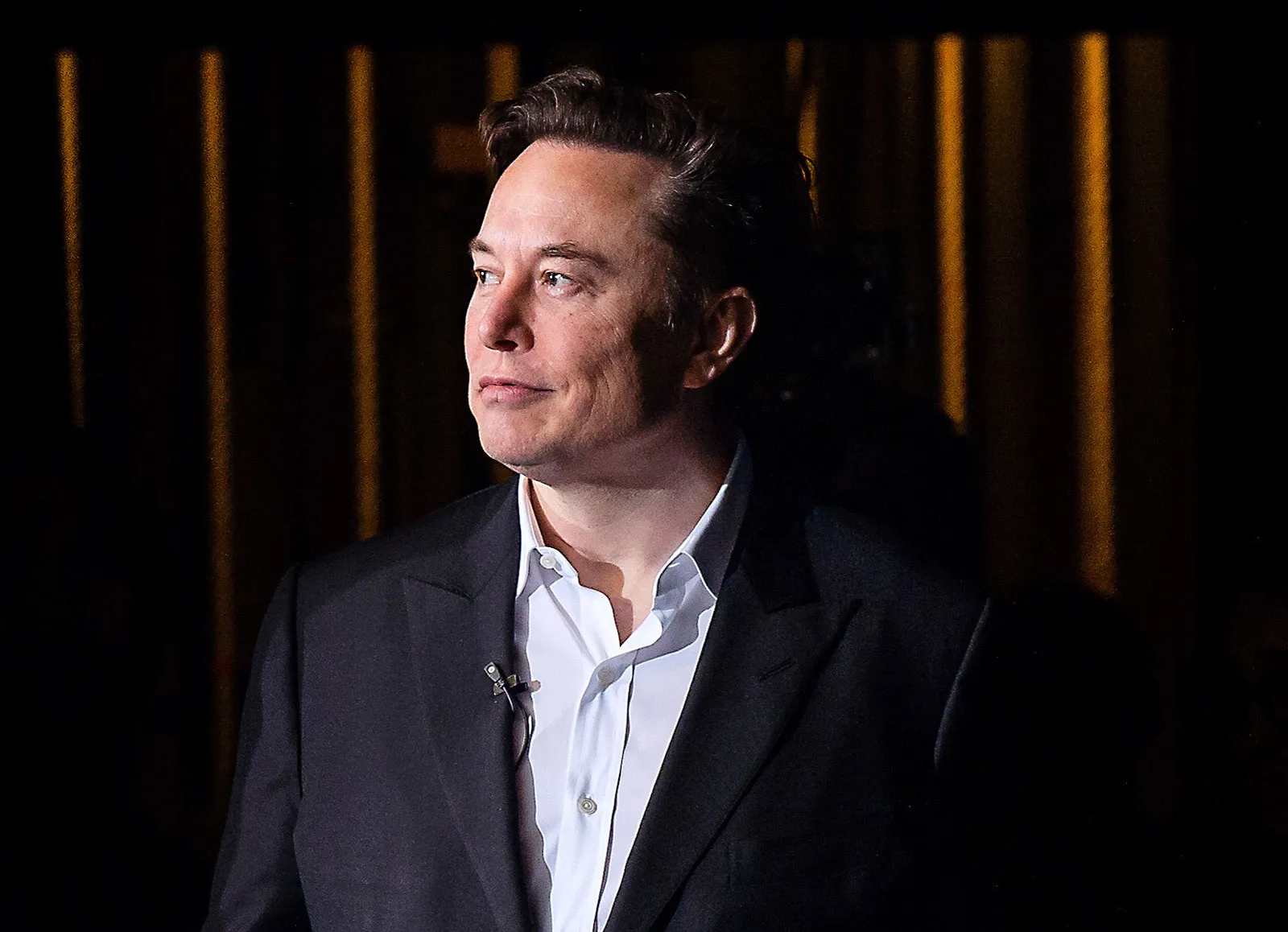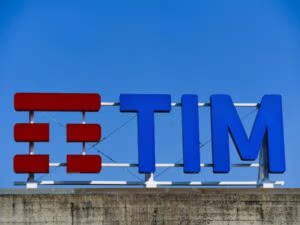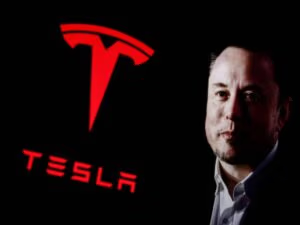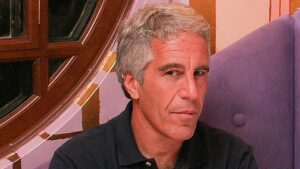A recent media report claiming that Tesla’s board has been seeking a replacement for CEO Elon Musk has sparked strong denials from both Musk and Tesla Chair Robyn Denholm.
The report, originally published by The Wall Street Journal, alleged that board members had contacted executive search firms in an early-stage effort to explore potential successors. But Denholm has since firmly pushed back, calling the report “absolutely false” and reaffirming the board’s confidence in Musk’s leadership.
So, what exactly was reported, what was said in response, and what does this mean for Tesla moving forward? Here’s what you need to know.
The Wall Street Journal reported that Tesla board members, about a month ago, reached out to several executive search firms to begin identifying a potential successor for Musk. According to the report, the move was prompted by concerns over Musk’s deepening involvement with the Trump administration—particularly his leadership of a controversial new government office called the Department of Government Efficiency (DOGE), which has drawn criticism for its aggressive job-cutting proposals.
The article suggested that the board’s efforts were exploratory and that it was unclear whether Musk himself was aware of them. It also noted that Musk’s recent pledge to spend more time running Tesla may have influenced the process.
“The board members met Musk and asked him to acknowledge publicly that he would spend more time at Tesla,” the WSJ report said.
However, the current status of that internal board discussion was undetermined, according to the article.
Denholm and Musk Fire Back
Robyn Denholm, Tesla’s Chair, swiftly refuted the claims. In a post on X (formerly Twitter), Denholm stated: “The report was absolutely false.” She emphasized that the board is “highly confident” in Musk’s ability to “continue executing on the exciting growth plan ahead.”
Musk also posted on X, calling it a “deliberately false article.” Last week, Musk had said publicly that he would “cut back significantly” on the time he spends with the Trump administration and focus more on leading Tesla and his other companies.
Investor Concerns and Board Scrutiny
Musk’s political involvement—especially his public alignment with far-right political movements in Europe—has led to protests, showroom vandalism, and reputational challenges for Tesla. Meanwhile, the company is also navigating slowing EV sales and an aging product lineup.
As Tesla attempts to pivot from being seen purely as an electric vehicle manufacturer to positioning itself as a leader in AI, autonomous vehicles, and robotics, investors have become increasingly focused on the company’s leadership and long-term vision.
Much of Tesla’s valuation is tied to that futuristic outlook. Last week, optimism was renewed as federal regulators eased restrictions on testing autonomous vehicles, boosting Tesla’s stock.
Still, investor nerves remain. According to the WSJ, some Tesla board members—including co-founder JB Straubel—have been in contact with major investors to reassure them about the company’s direction.
A Board Under Pressure
Tesla’s eight-person board includes Elon Musk himself, his brother Kimbal Musk, and James Murdoch, son of Rupert Murdoch. The board has frequently faced criticism for its close ties to Musk and alleged lack of independence.
Activist investors have long argued that Tesla’s board has failed to adequately check Musk’s power or manage conflicts of interest. Denholm, who was appointed by Musk, has defended his multi-billion-dollar pay package and has faced scrutiny over her own compensation. A spokesperson has maintained that her pay is fair.
In March, Denholm sold about $33.7 million in Tesla stock, according to filings with the Securities and Exchange Commission.
The WSJ also reported that the board has been seeking to add an independent director—another sign that Tesla may be trying to bolster investor confidence amid growing external scrutiny.
What’s Next for Tesla?
Despite the strong denials from Denholm and Musk, the original WSJ report has reignited long-standing debates about governance at Tesla and Musk’s divided focus. While the company continues to push ahead with plans for robotaxis and humanoid robots, the questions around leadership stability and succession planning remain.
For now, Denholm insists the board is unified behind Musk. Whether investors and markets remain equally confident may depend on how Musk balances his political ambitions with his commitment to Tesla’s future.






